First foal of the year brings joy to the team at Glenda Spooner Farm Rescue and Rehoming Centre
Posted on 11/04/2024
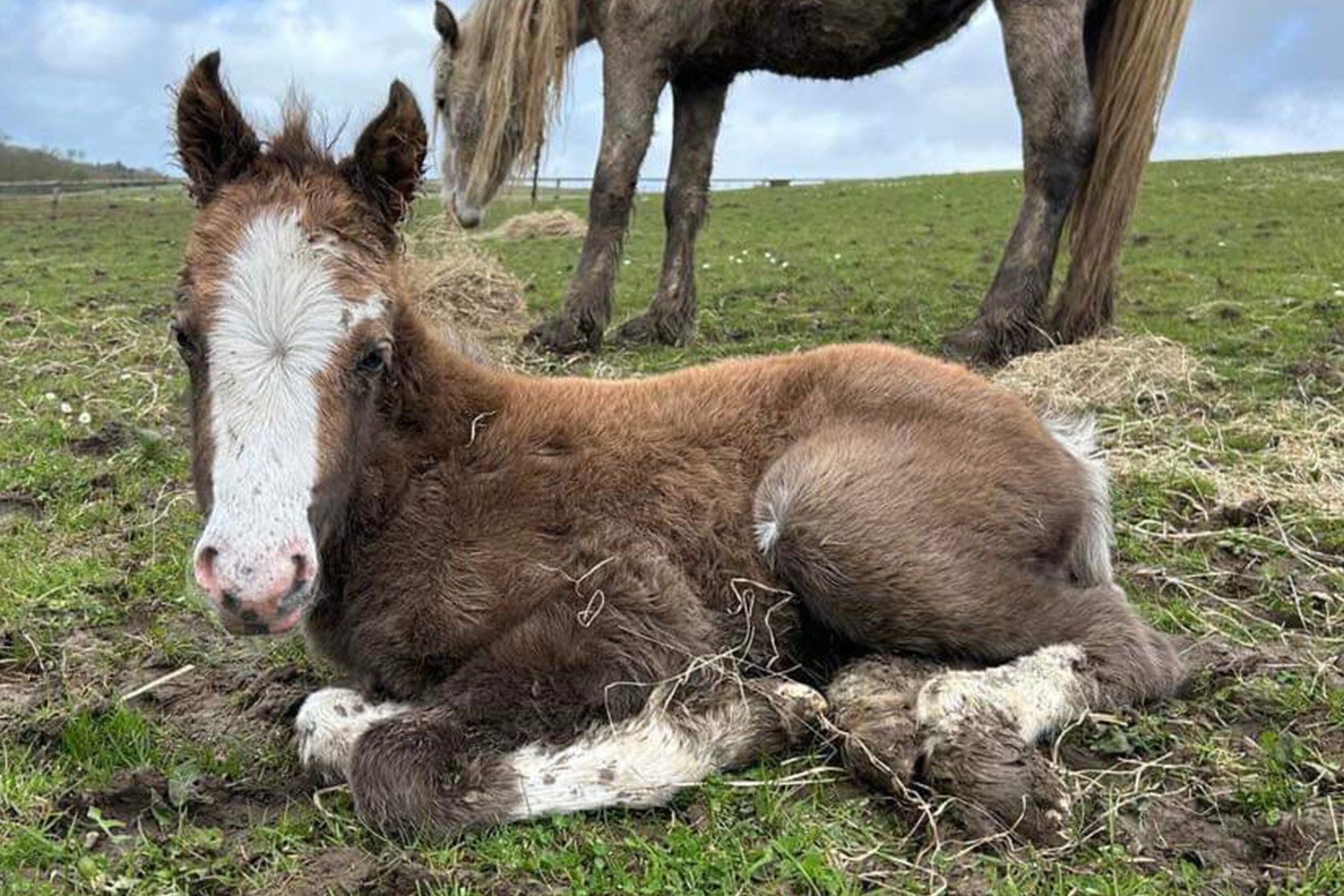
The first foal of the year has been born without complications at our Glenda Spooner Farm Rescue and Rehoming Centre in Somerset. Poppy, a spirited chestnut filly, was born to Parsley who arrived at the farm last October as part of a large welfare case. Despite facing numerous challenges early on, including lice, worms, and a profound fear of humans, Parsley has demonstrated remarkable resilience and embraced her role as a mother.
“Watching any foal is heartwarming, and Poppy is already showing her playful spirit. She has delighted in running around in the mud — a current challenge for us here and for many horse owners after this wet winter — and enjoying her rests after the tiring activities of being a young foal.”
Sara Jerman – Assistant Farm Manager at Glenda Spooner Farm
Poppy’s arrival is a beacon of hope and symbolises a promising future for horses that have faced neglect or abuse. We rescue approximately 300 horses annually, highlighting the critical situation in the UK where thousands of horses are in need of homes due to overbreeding. In light of this, we launched a “Do You Need to Breed?” campaign to highlight the consequences of excessive breeding and encouraging responsible horse ownership. By choosing to rehome rather than breed, horse lovers can help ensure that every horse has the chance of a safe and loving home.
Visitors are welcome at Glenda Spooner Farm where they will have the opportunity to meet many of the horses undergoing rehabilitation. The farm is open to the public from 11am to 4pm on Wednesdays, Saturdays, and Sundays, providing an enjoyable opportunity to see the impact of our work first-hand.
Topics
Related News
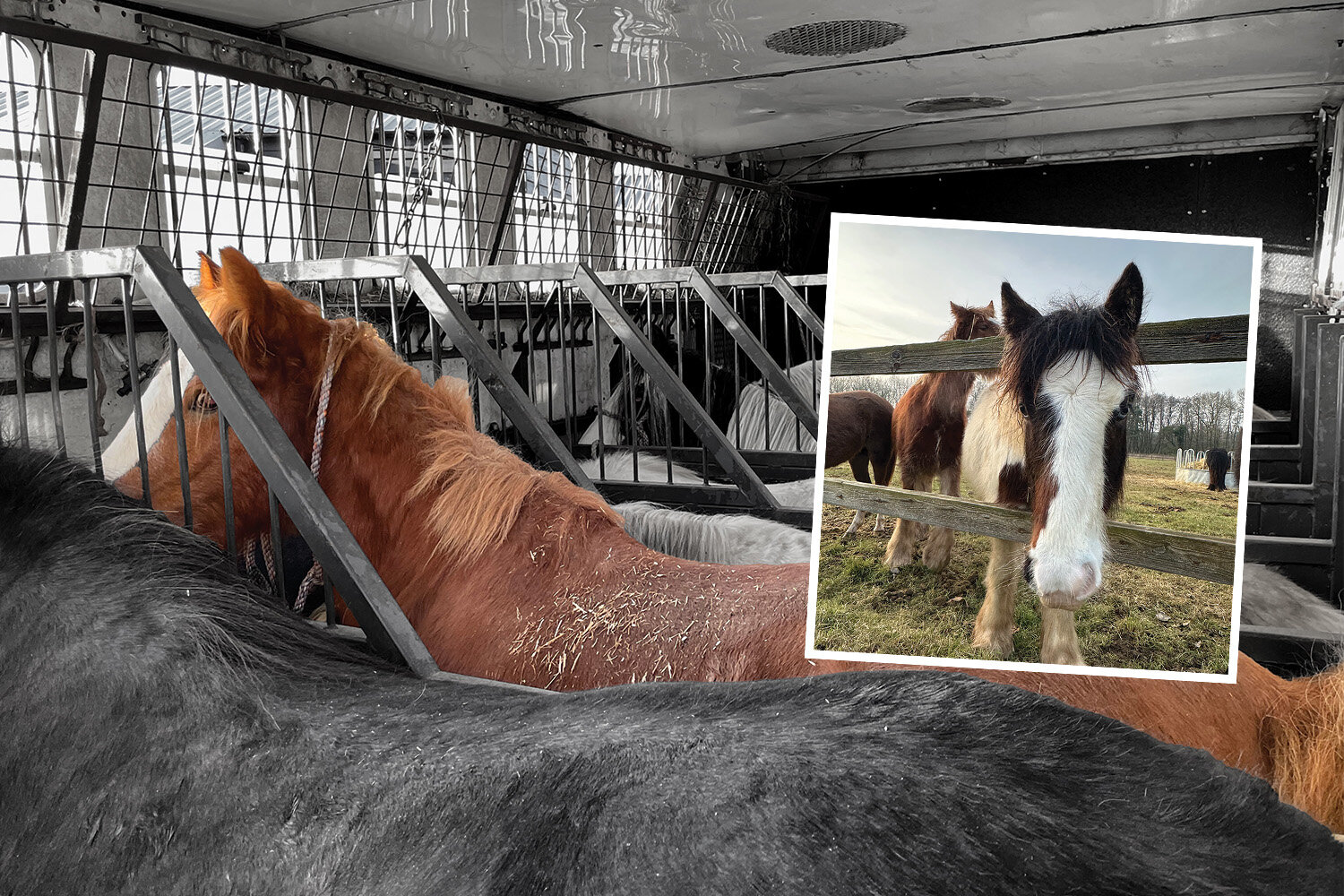
Horses rescued from being cruelly smuggled abroad are progressing well
The Dover 26 - where are they now?
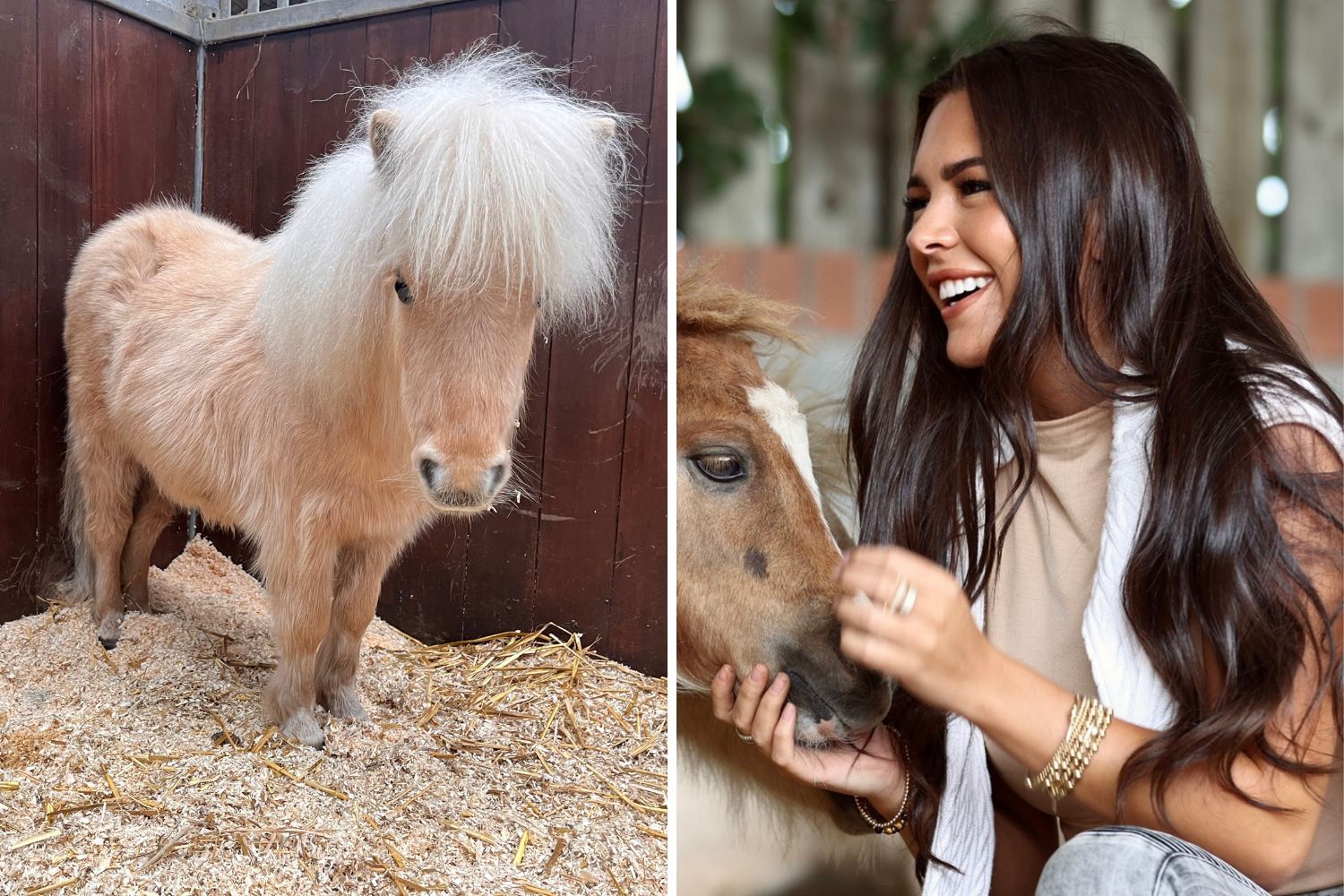
Patron Gemma Owen gives rescued Shetland a new home
Celebrity ambassador and international dressage rider rehomes one-year-old Bert
Recommended Blog Posts
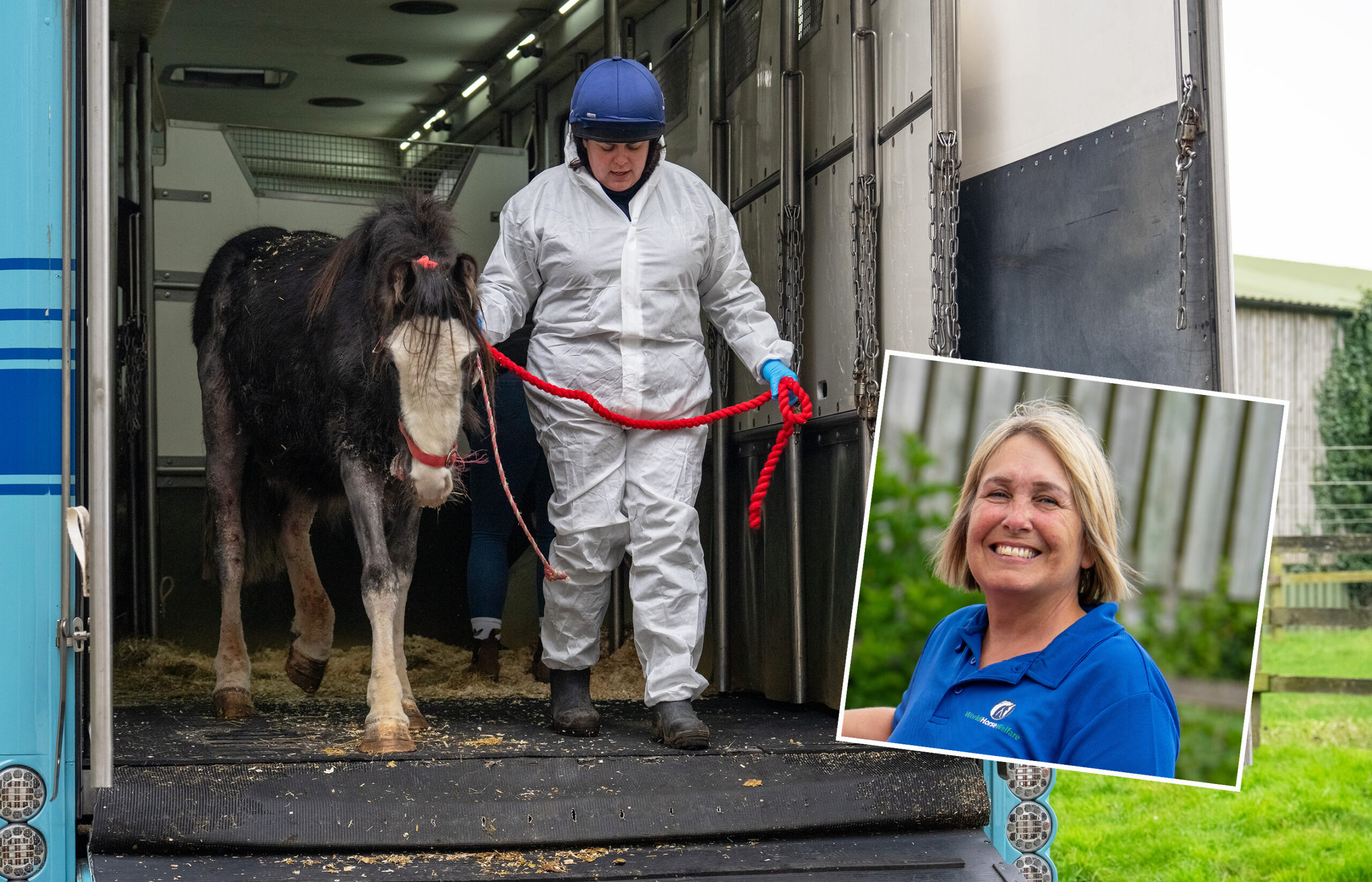
The Trafficked 20 – life in our care
Our Hall Farm Manager fills us in on how the horses rescued from illegal smuggling have settled into our care and continue to recover.
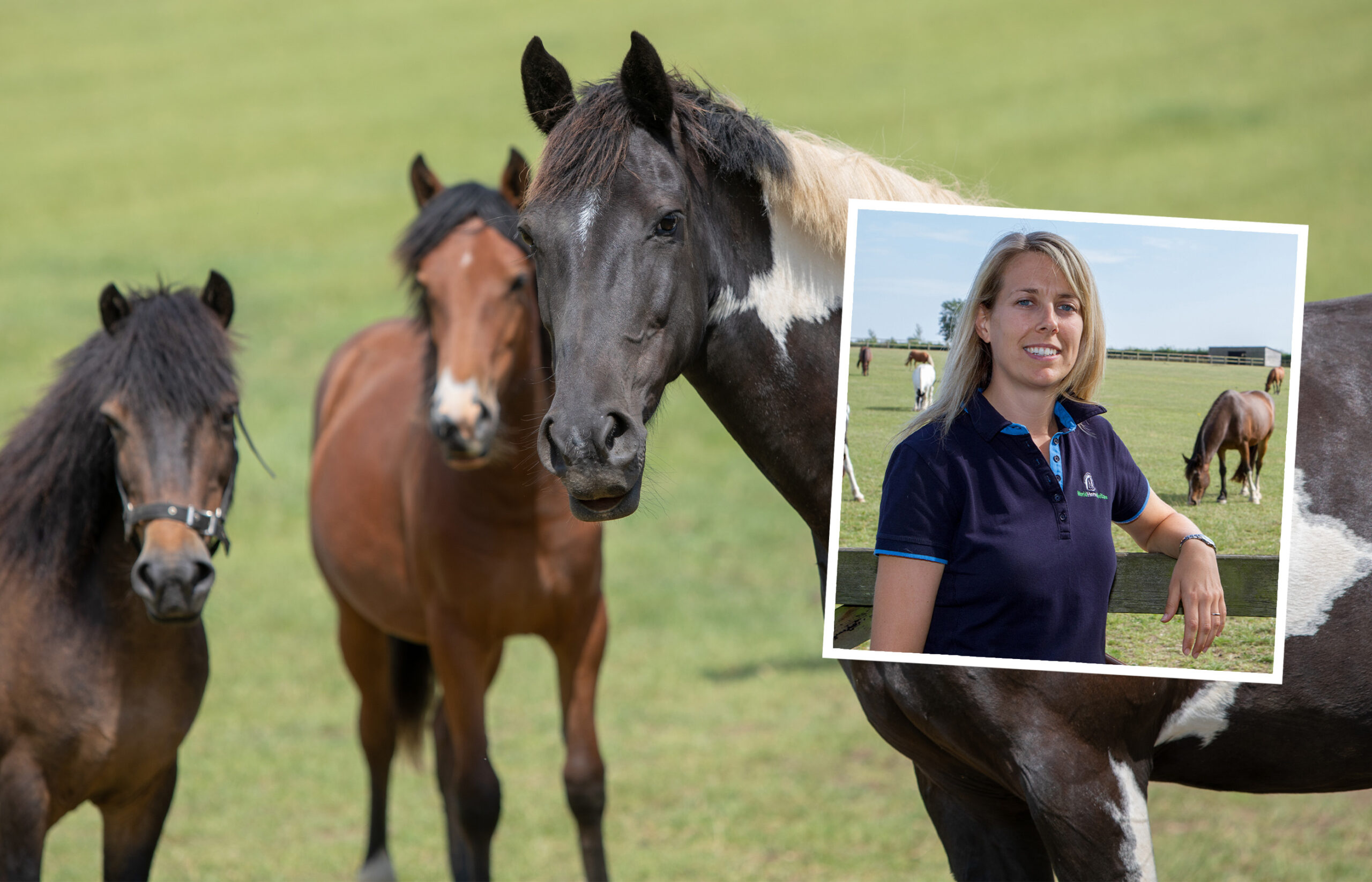
Why are so many of our horses rehomed as non-ridden companions?
We catch up with our Head of UK Support to find out more.
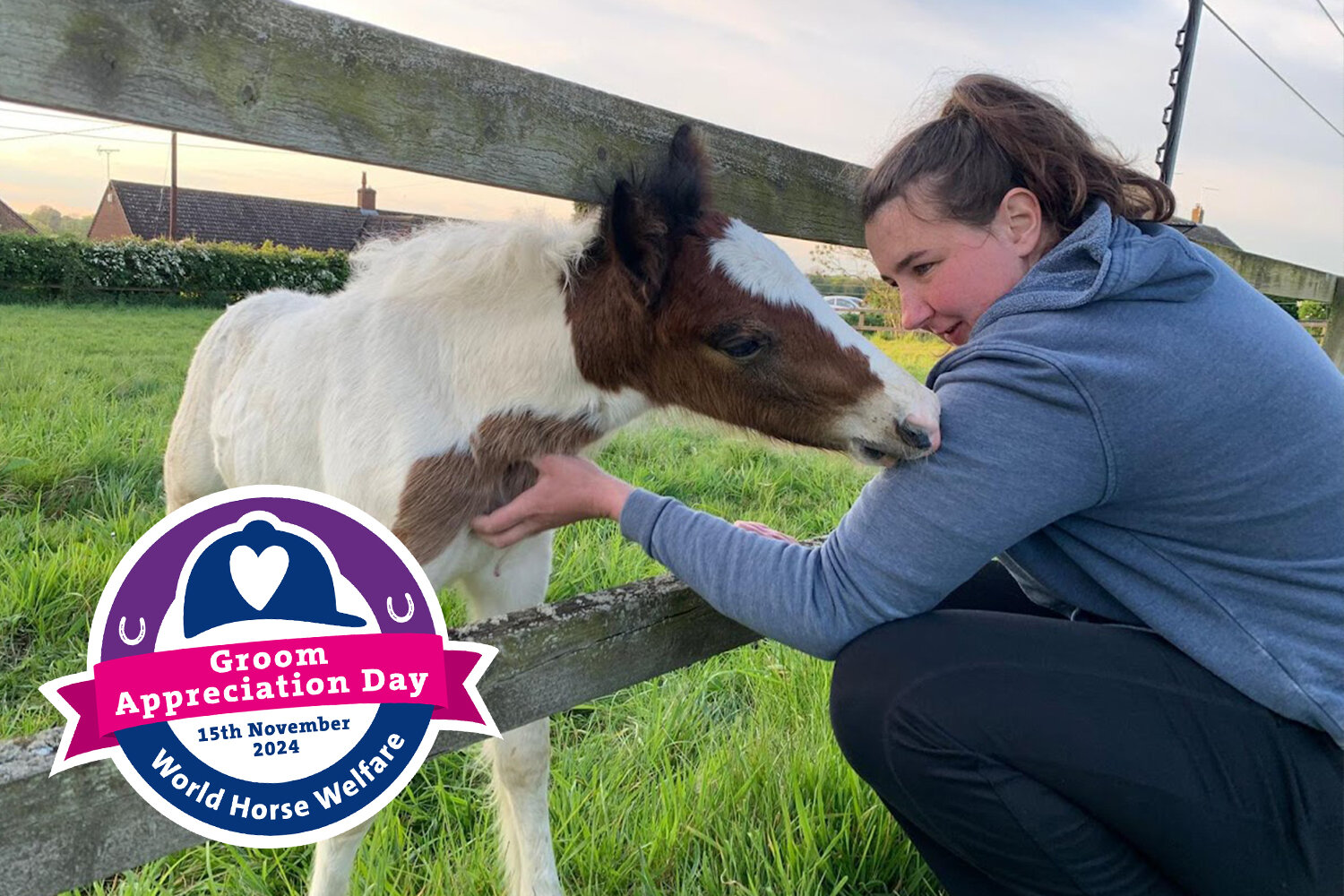
Meet some of our often-unsung heroes on Groom Appreciation Day – Kathryn at Hall Farm
"It can be quite the emotional rollercoaster, ranging from the joy of a horse being rehomed to the perfect long-term home, to the pain of seeing a severely neglected foal lose its battle to live."
Enjoy reading stories like this?
Join over 65,000 other horse lovers and sign up for our email newsletter

Join over 65,000 other horse lovers and sign up for our email newsletter
Sign me up now